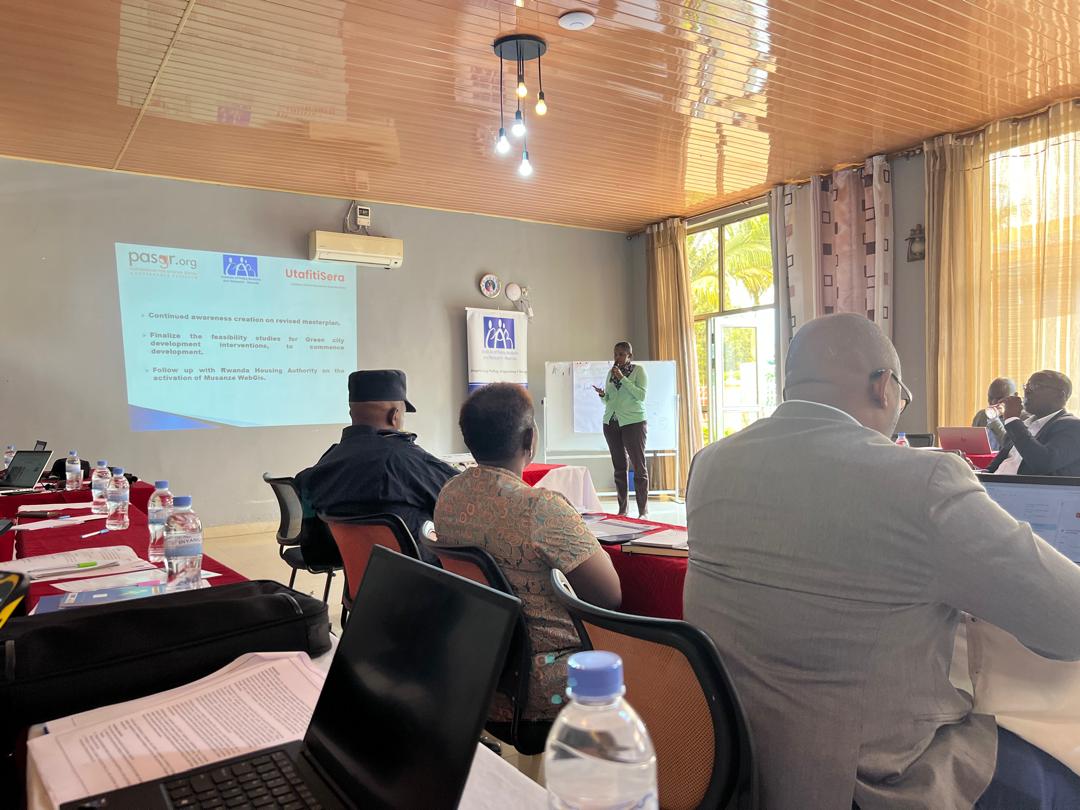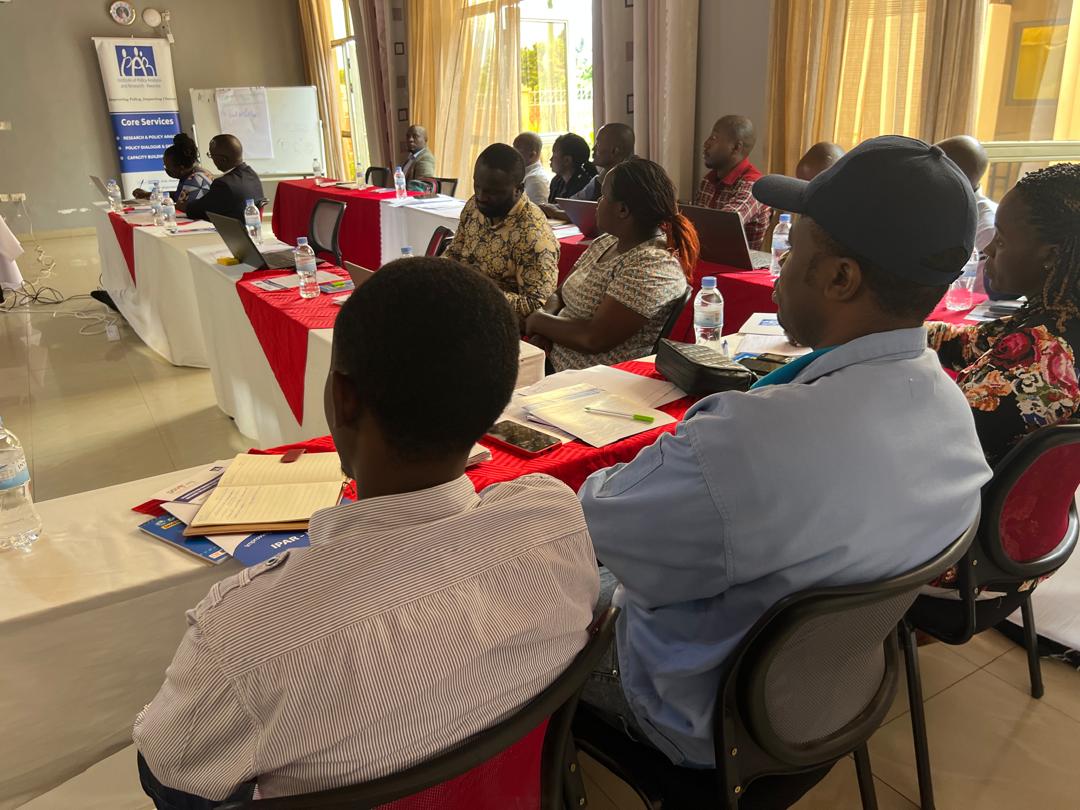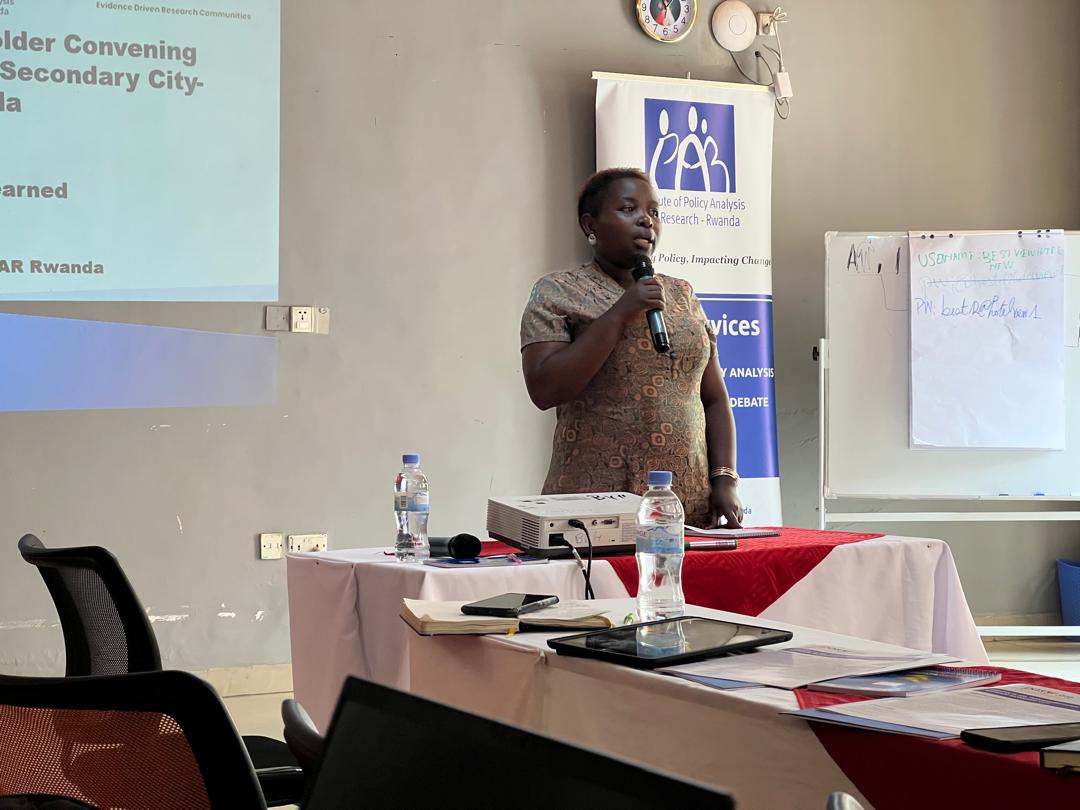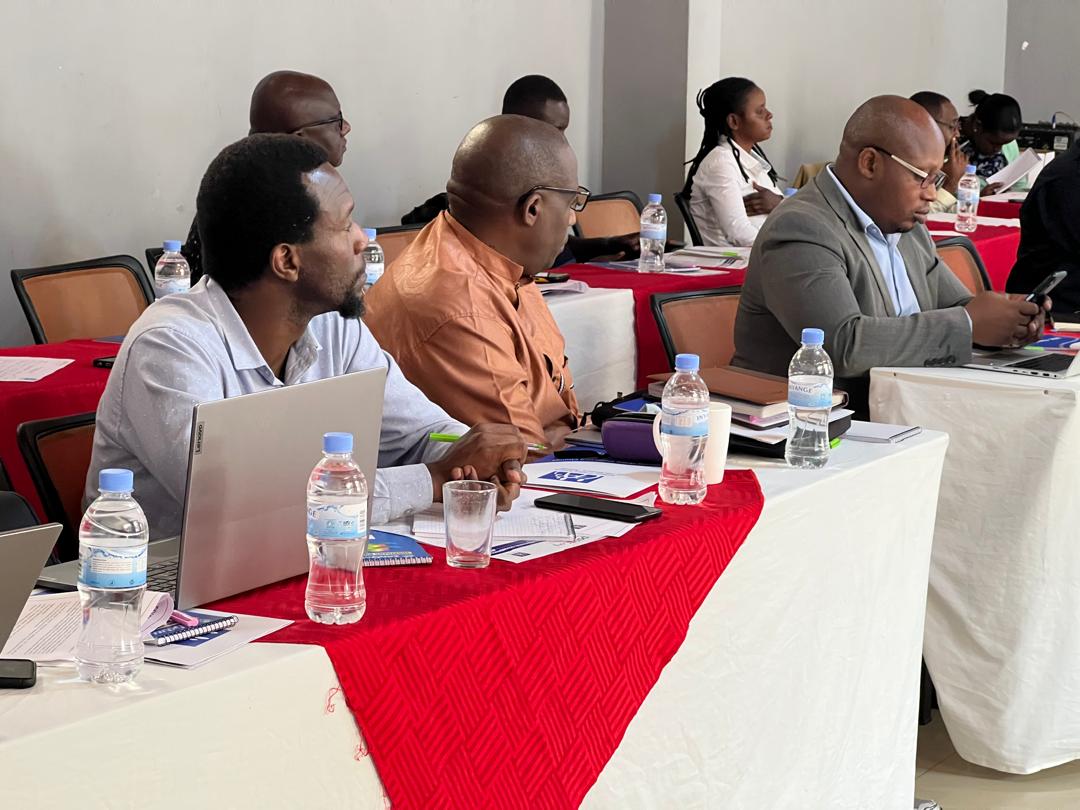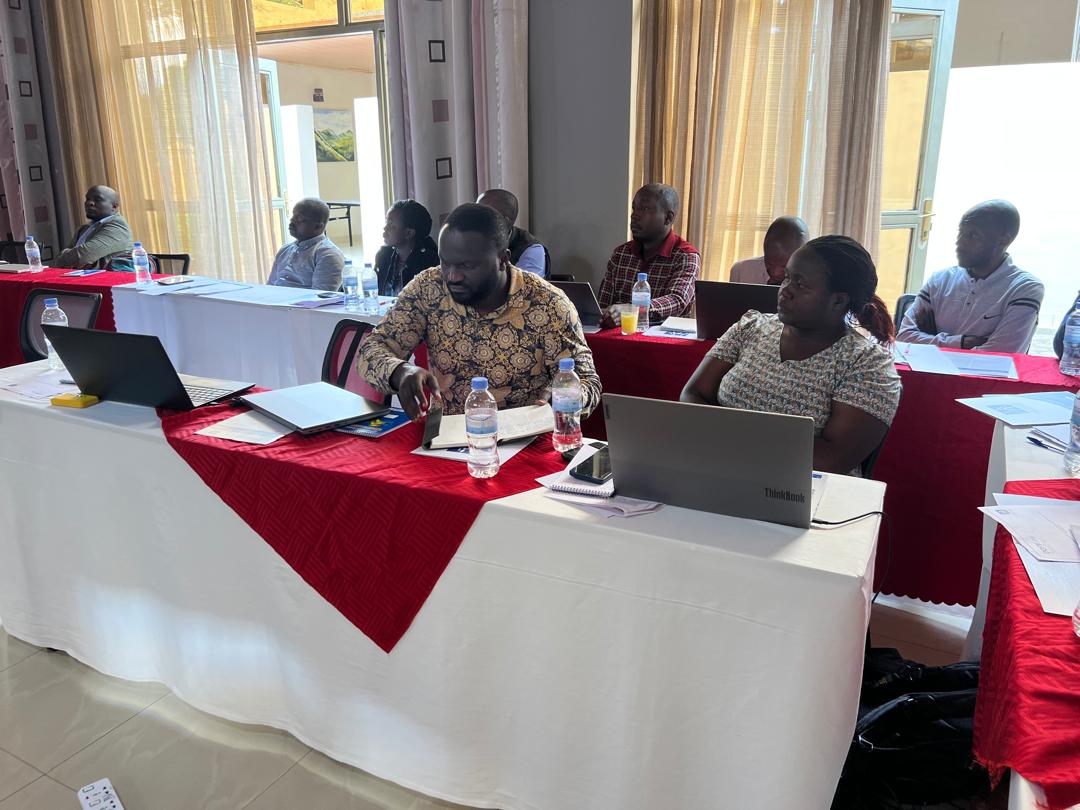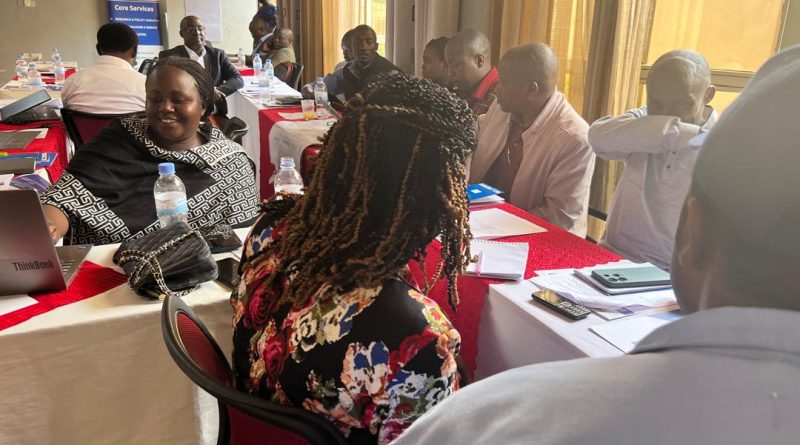Musanze: Public Transport Shortage Impedes Residents’ Progress
In Musanze District, some residents and travelers across various sectors have highlighted the lack of public transport to certain areas of the city as a hindrance to their development.
They point out that Musanze’s development lags behind that of Kigali, and they express a desire for efficient transport to benefit their businesses and activities.
They also note that the only available transport option is expensive motorbikes, particularly burdening traders as high transportation costs affect their profitability.
This issue was highlighted in a 2019 study by the Institution of Policy Analysis and Research (IPAR-Rwanda), which emphasized the need for proper transport planning for Musanze to develop as rapidly as Kigali, the second city.
The study revealed that 84.7% of Musanze residents rely on foot transport for their daily activities due to the lack of regular public transport in their areas.
Damien Ntakirutimana shared his experience, stating, “I work in the market in this city until 8:00 pm, but there are no cars available to take me home. When I inquire about the cost of a motorbike ride, it is 1500 francs. The round trip costs 3000 francs, which is significant for me as a trader. Although we have good roads where cars can operate effectively, we lack sufficient cars.”
Fortune Nyiramajyambere added, “Musanze has experienced significant business growth. Unlike Kigali, where cars are readily available for transportation, using a motorbike in Musanze costs 400 francs for short distances and 1000 francs for long distances. Some people are forced to walk, which hampers development as time is valuable.”
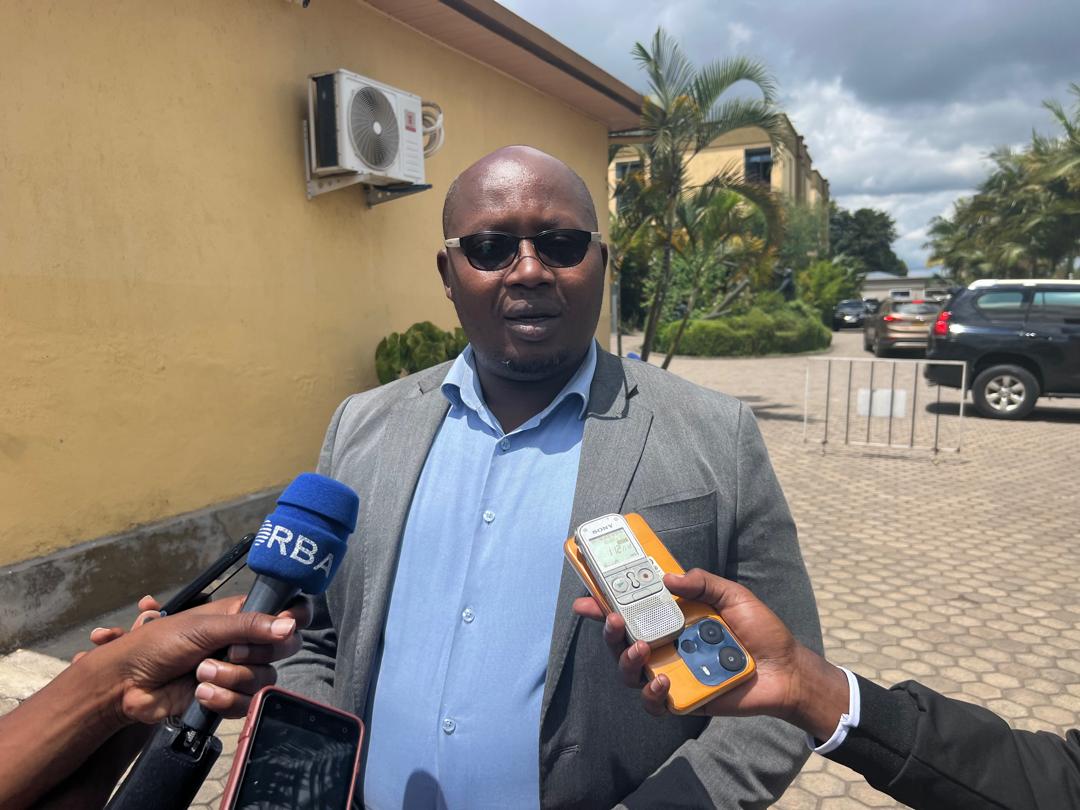
Dr. Innocent Ndikubwimana, a researcher at IPAR Rwanda stated that their 2019 research in various sectors of Musanze District revealed that many residents rely on foot travel for daily activities due to inadequate public transport. Consequently, IPAR engages with institutions and stakeholders to advocate for solutions to improve transportation.
He explained, “Our 2019 research highlighted the prevalence of foot travel among residents. Subsequently, we collaborated with institutions and stakeholders to advocate for transportation improvements. This advocacy led to collaborative projects aimed at enhancing transportation and addressing residents’ mobility challenges.”
Benjamin Mugabukomeye, head of the business association in Musanze District, stressed the need for Musanze to emulate Kigali’s daily advancements by regulating transport for travelers in various sectors.
He explained, “Controlling travelers is challenging, especially in a growing city. Many residents rely on motorbikes or walking to reach their destinations. As businesspeople, we collaborate with the government to implement projects. We observe cars moving in different parts of the city, facilitating easy movement for residents.”
Ina workshop held in Musanze on April 18, 2024, organized by IPAR Rwanda in collaboration with the Partnership for Africa Social and Governance Research (PASGR), District authorities, staff and development partners met to discuss, based on the findings of the study, identify critical challenges and devise solutions to address them. The workshop was part of an ongoing assessment on governance in secondary cities being conducted by IPAR Rwanda.
Clarisse Uwanyirigira, the Vice Mayor in charge of economic development in Musanze District, emphasized the need for better transportation planning to match the city’s development.
She assured residents that they are working with the Rwanda Utilities Regulatory Authority (RURA) to regulate car operations in different parts of the city to facilitate residents’ movements.
She stated, “Residents’ concerns are valid; the city is developing rapidly, and efficient transportation is crucial. We are collaborating with RURA to implement regulations that ease residents’ movement.”
Musanze District has a population of 476,322 residents, with 84.7% commuting on foot, 3.1% by bicycle, 1.5% by motorcycle, 1.2% by car, 3.8% using public transport and taxis, and 5.7% working from home.
Institution of Policy Analysis and Research Rwanda’s mission is to enhance evidence-based policy-making and promote a culture of dialogue and debate on policy issues through timely, relevant, high-quality research and public analysis to improve policy and impact change in Rwanda.
